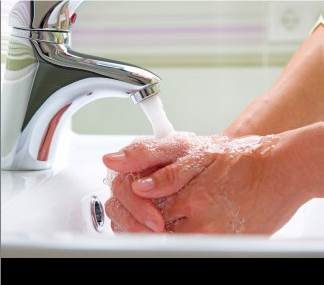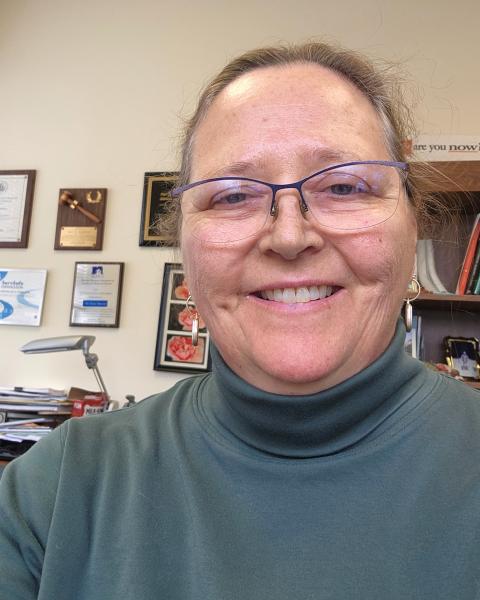Assessing Food Contact Surfaces and Materials:

The Cleaning and Sanitizing Process *
See Fact Sheet: Farm Food Safety — Cleaning and Sanitizing Food Contact Surfaces

Remember! Your hands are one of the most important food contact surfaces to wash regularly
Download our Fact Sheet: Farm Food Safety — Food Contact Surfaces and Materials
Created: February 2018
Updated: April 2019
About the Author
Jessica Sprague is a former Food Safety Field Specialist with UNH Cooperative Extension.
This fact sheet was reviewed and edited by Food Safety Area of Expertise and FSMA (Food Safety Modernization Act) team members.
For More Information
State Office
Taylor Hall
59 College Rd.
Durham, NH 03824
http://extension.unh.edu
Education Center and Information Line
answers@unh.edu
1-877-EXT-GROW (1-877-398-4769)
9 am–2 pm M–F
UNH Cooperative Extension brings information and education in to the communities of the Granite State to help make New Hampshire’s individuals, businesses, and communities more successful and its natural resources healthy and productive. For 100 years, our specialists have been tailoring contemporary, practical education to regional needs, helping create a well-informed citizenry while strengthening key economic sectors.
The University of New Hampshire Cooperative Extension is an equal opportunity educator and employer. University of New Hampshire, U.S. Department of Agriculture and N.H. counties cooperating.

